Market Analysis
In-depth Analysis of Chemical Logistics Market Industry Landscape
The market dynamics of chemical logistics depict a complex interplay of factors influenced by global demand for chemicals, regulatory considerations, safety standards, and the evolving landscape of the chemical industry. Chemical logistics plays a crucial role in the transportation, storage, and distribution of various chemical products, ranging from industrial chemicals and petrochemicals to specialty and hazardous materials. One of the primary drivers of the market is the robust growth in the chemical industry. As industries worldwide expand, the demand for raw materials, intermediates, and finished chemicals increases, necessitating efficient and specialized logistics solutions. Chemical logistics providers play a critical role in ensuring the safe and timely delivery of chemicals to diverse industries such as manufacturing, agriculture, pharmaceuticals, and energy.
Regulatory considerations and safety standards significantly impact the market dynamics of chemical logistics. The transportation and handling of chemicals are subject to stringent regulations to safeguard human health, the environment, and property. Compliance with international, national, and regional regulations requires logistics providers to adhere to specific packaging, labeling, and transportation protocols. Meeting these standards is essential for the safe and legal movement of chemical products, and logistics companies must invest in expertise and infrastructure to navigate the complex regulatory landscape.
Safety concerns are paramount in the chemical logistics market. Given the hazardous nature of many chemical substances, ensuring the safety of transportation, storage, and handling processes is a top priority. Companies operating in chemical logistics invest in specialized equipment, training programs, and technology to mitigate risks and prevent accidents. The implementation of advanced tracking systems, real-time monitoring, and safety protocols contributes to the overall risk management strategies within the sector.
Global economic conditions play a pivotal role in shaping the market dynamics of chemical logistics. The chemical industry is closely tied to economic activities such as manufacturing, construction, and agriculture. Economic downturns may lead to a reduction in chemical production and demand, affecting the volume of chemical shipments. Conversely, economic growth stimulates demand for chemicals, driving the need for efficient and reliable logistics services.
Technological advancements contribute to the evolving dynamics of chemical logistics. The integration of digital technologies, including data analytics, IoT (Internet of Things), and blockchain, enhances the visibility, transparency, and efficiency of supply chain operations. Real-time tracking of shipments, inventory management, and predictive analytics help logistics providers optimize routes, reduce lead times, and enhance overall operational efficiency. Automation and digitization also play a role in streamlining administrative processes, documentation, and communication within the chemical logistics sector.
The competitive landscape within the chemical logistics market is characterized by a mix of global logistics giants, specialized chemical logistics providers, and regional players. Differentiation often occurs through the ability to handle hazardous materials, compliance expertise, global reach, and the implementation of advanced technology solutions. Strategic partnerships and alliances with chemical manufacturers and regulatory bodies are common strategies to enhance service offerings and market reach.
Environmental sustainability is an emerging factor influencing the market dynamics of chemical logistics. As global awareness of environmental issues grows, there is increasing pressure on the chemical industry and its logistics partners to adopt sustainable practices. This includes reducing carbon emissions, minimizing waste, and exploring alternative transportation modes and fuels to mitigate the environmental impact of chemical transportation.
Challenges within the market include the complexity of global supply chains, the need for continuous compliance with evolving regulations, and the potential for geopolitical events to disrupt international trade routes. Adapting to these challenges requires chemical logistics providers to remain agile, invest in technology and safety measures, and collaborate closely with chemical manufacturers to anticipate and address industry-specific requirements.


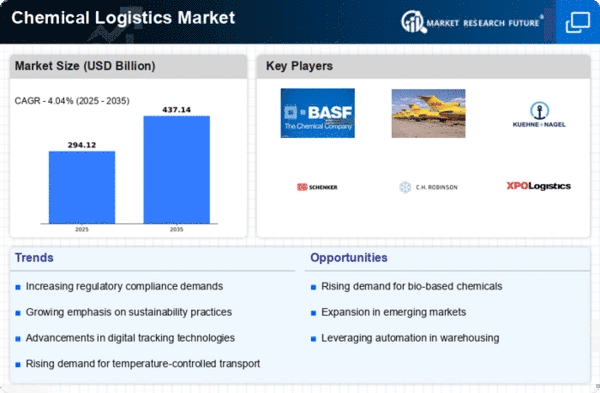

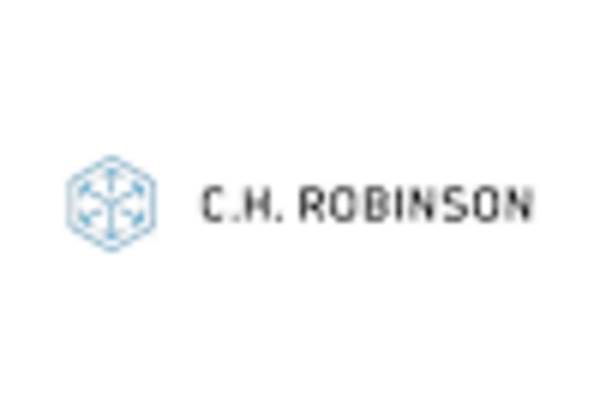
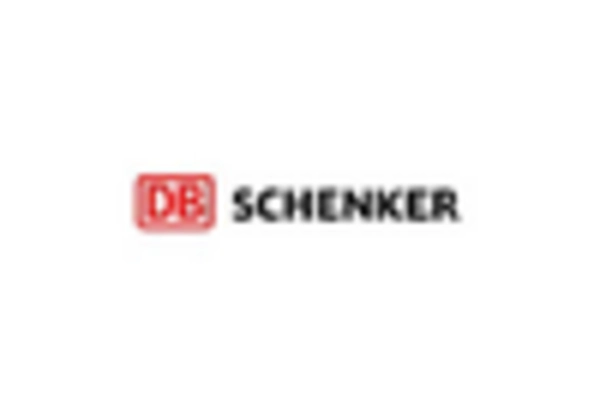

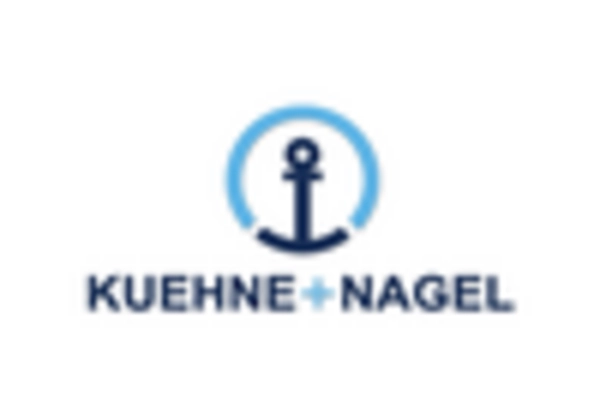
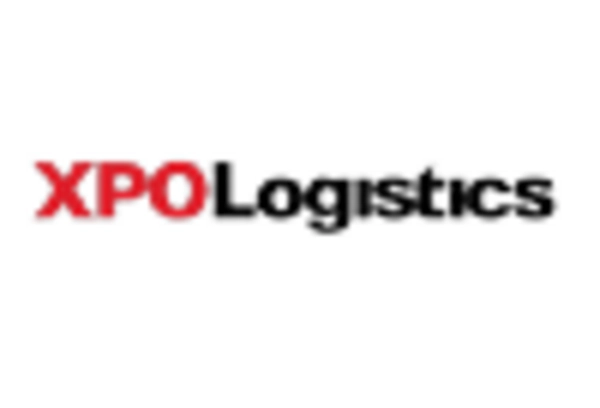









Leave a Comment